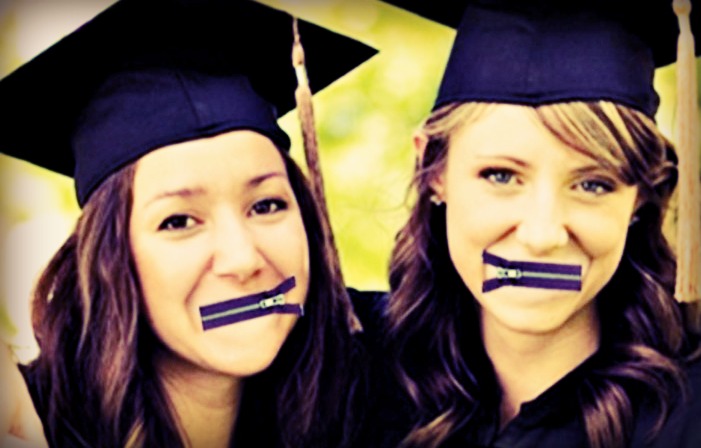Universities talk a great deal about free speech, but they have been clamping down on speech they don’t like for many years. When I first started speaking on college campuses in the mid-1970s, I was impressed that professors would invite a Christian speaker into their classroom. Sometimes they would even say to the class: “You have heard my views on this subject. In the interest of academic freedom, I wanted to give you a chance to hear a Christian’s views on this subject.”
By the late 1980s, I noticed that political correctness was taking over and opportunities in the classroom waned. In fact, university administrations often warned faculty not to have outside speakers in the classroom. Soon this applied not only to Christian speakers but any speaker (like a conservative) that wasn’t deemed politically correct.
Sadly students have accepted this situation as normal and normative. Young America’s Foundation working with a polling company surveyed 1,000 college students about their attitudes toward free speech. They found that students generally support the abstract idea of free speech but reject the idea if the speech is not politically correct. They agree with the proposition that undergraduate education should include a “diversity of opinion.” But when that diversity includes conservative ideas, support drops significantly.
This may sound confused and contradictory. But David French, in a recent column, says he doesn’t think students are confused at all. “Perhaps they are good learners. Colleges by word and deed teach students that there is free speech — the speech they find valuable enough to protect — and not speech — the expression they really, really don’t like.”
He is correct. University students have learned their lessons well. Free speech is the speech they like. Everything else does not deserve protection. That is why they allow universities to promote speech codes and to protect them from free speech they will soon experience once they graduate from college.
 Listen Online
Listen Online Watch Online
Watch Online Find a Station in Your Area
Find a Station in Your Area










 Listen Now
Listen Now Watch Online
Watch Online
